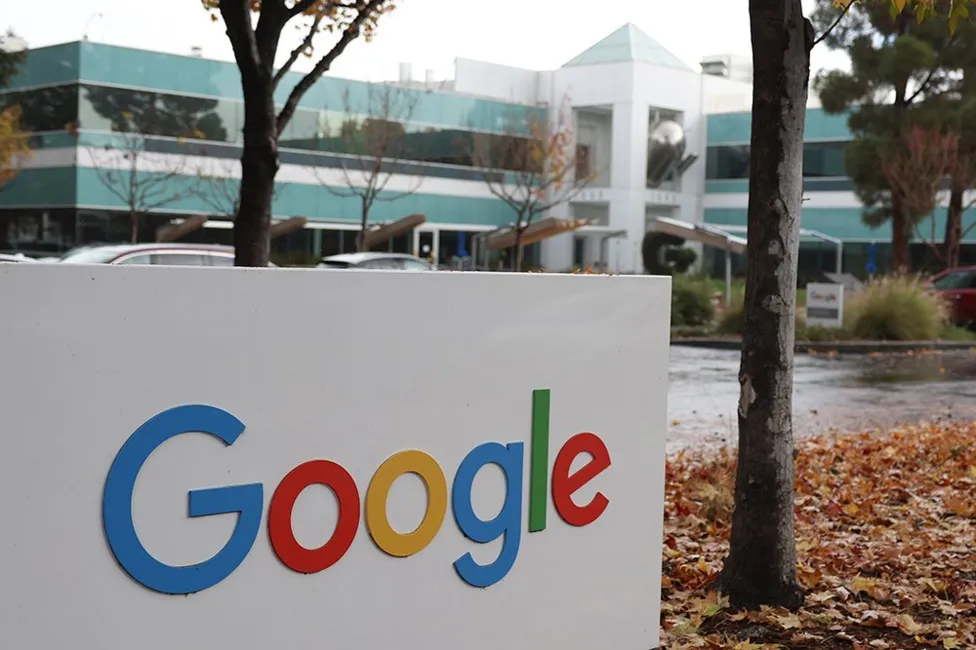Google is racing to fix its new AI-powered tool for creating pictures, after claims it was over-correcting against the risk of being racist.
Users said the firm's Gemini bot supplied images depicting a variety of genders and ethnicities even when doing so was historically inaccurate. For example, a prompt seeking images of America's founding fathers turned up women and people of colour.
The company said its tool was “missing the mark”.
“Gemini's AI image generation does generate a wide range of people. And that's generally a good thing because people around the world use it. But it's missing the mark here,” said Jack Krawczyk, senior director for Gemini Experiences.
“We're working to improve these kinds of depictions immediately,” he added.
It is not the first time AI has stumbled over real-world questions about diversity. For example, Google infamously had to apologise almost a decade ago after its photos app labelled a photo of a black couple as “gorillas”.
Rival AI firm, OpenAI was also accused of perpetuating harmful stereotypes, after users found its Dall-E image generator responded to queries for chief executive, for example, with results dominated by pictures of white men.
Google, which is under pressure to prove it is not falling behind in AI developments, released its latest version of Gemini last week. The bot creates pictures in response to written queries. It quickly drew critics, who accused the company of training the bot to be laughably woke.
“It's embarrassingly hard to get Google Gemini to acknowledge that white people exist,” computer scientist Debarghya Das, wrote.
“Come on,” Frank J Fleming, an author and humourist who writes for outlets including the right-wing PJ Media, in response to the results he received asking for an image of a Viking. The claims picked up speed in right-wing circles in the US, where many big tech platforms are already facing backlash for alleged liberal bias.
Mr Krawczyk said the company took representation and bias seriously and wanted its results to reflect its global user base.
“Historical contexts have more nuance to them and we will further tune to accommodate that,” he wrote on X, formerly Twitter, where users were sharing the dubious results they had received.
“This is part of the alignment process – iteration on feedback. Thank you and keep it coming!”
— CutC by bbc.com


